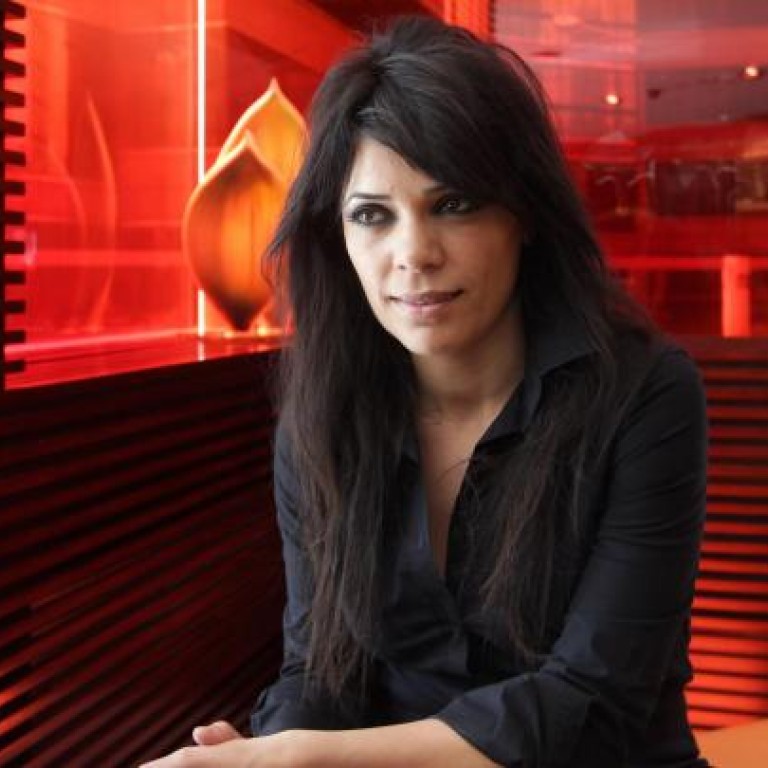
Yasmin Levy - sorrow by song but not by nature
Israeli performer's soulful repertoire speaks of melancholy, but she's by no means depressed
With a voice as beautiful as hers, it's hard to believe Yasmin Levy's songs come from a very dark place. Yet like all great art, it's the darker side of the human condition that brings out the best.
Levy, 37, one of Israel's premier performers and a visionary composer, will perform tonight at the Cultural Centre's Concert Hall in Tsim Sha Tsui as part of this year's Arts Festival.
Levy's music preserves and revives poignant songs from a Judeo-Spanish heritage, commonly referred to as Ladino in Israel. The essence throughout her repertoire is one of melancholy.
"Sadness is always there in all my songs. When I started singing traditional songs, I wouldn't sing the happy ones. They were deep and heavy songs that I chose to sing. But it's how I am," she said.
But that's not to say Levy has a negative outlook on life or is pessimistic about the future.
"I'm not suffering from depression," she laughed. "I just think that when you sing from the heart, there is always sadness. We can't avoid it in our lives, and it can make for beautiful music."
Music critics have said the Levy's powerful and passionate voice sings directly to the soul, so it is only right that "darkness" plays a major role in her work.
The Ladino diva has released four albums since 2000. She already has three BBC Radio 3 World Music Award nominations, an Edison Award nomination and other musical honours under her belt.
Some of her songs date back to 15th-century Spain, while embracing modern influences such as Andalusian Flamenco and flavours from Turkish and contemporary music.
Levy, who is of Sephardic descent - a general term for the descendants of Jews who left Spain or Portugal after the 1492 Inquisition - lives in Jerusalem.
Music has always been part of the singer-songwriter's life. Her late father, Yitzhak (Isaac) Levy, was a composer and cantor, as well as a pioneer researcher into the rich history of the Ladino music and culture of Spanish Jewry.
Like many other Jewish languages, Judeo-Spanish is in danger of extinction. Most native speakers are elderly, and many have emigrated to Israel, where the language was not transmitted to their children. Levy has described her music as a "musical reconciliation" of history.
"The history of my people affects me a lot, but I work with musicians of all religions and backgrounds," she said.
"If I can get across the importance of tolerance and mutual respect in my music, then that's all I can ask for."

